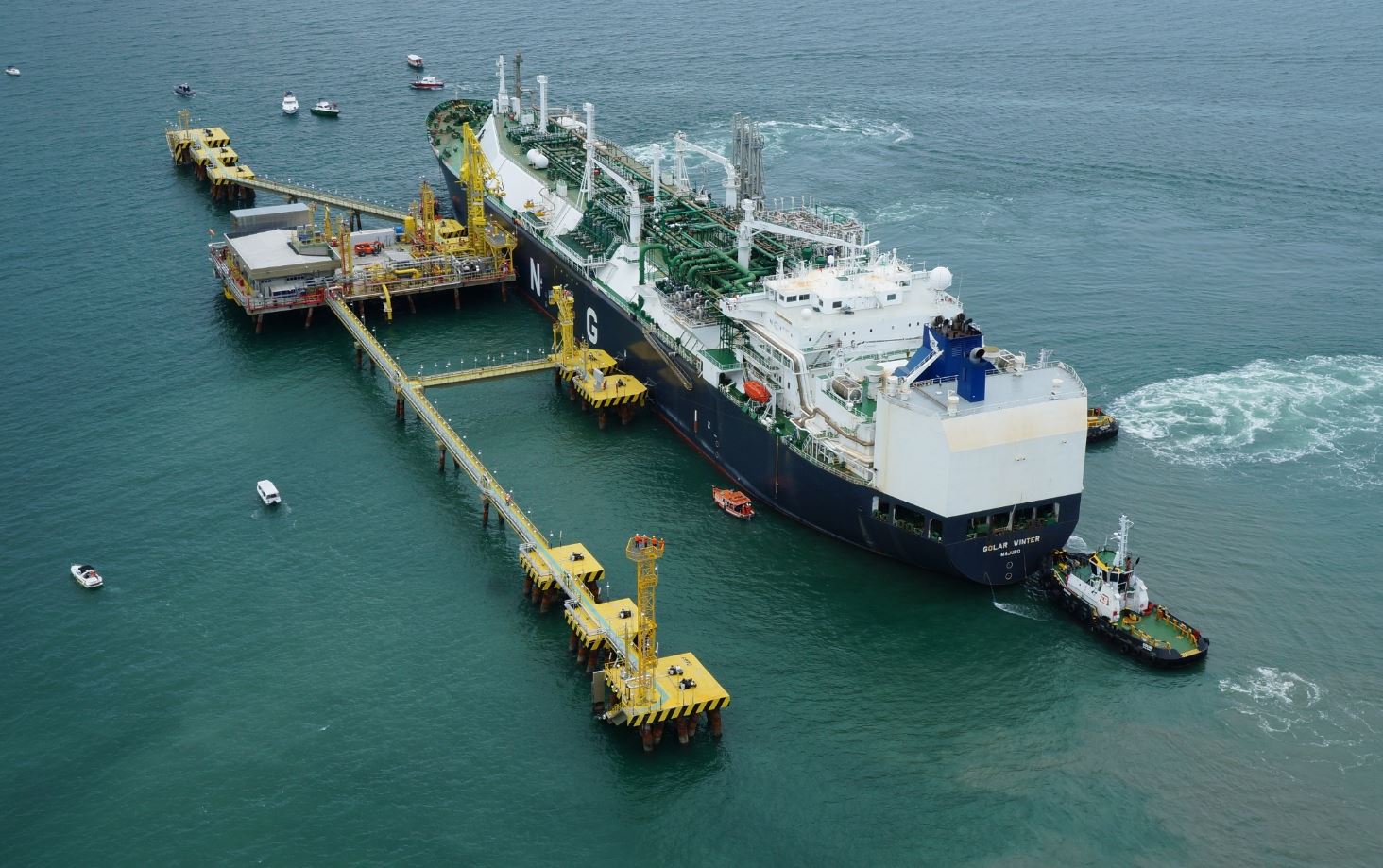
The Executive Committee of the National Economic Council (ECNEC) withdrew the condition of article 154 of the Constitution, which the planning ministry had imposed after Sindh objected to construction of these projects without CCI approval.
“ECNEC, after discussion, allowed the Finance Division to release development funds for the already approved 1,230MW Combined Cycle Power Plant at Haveli Bahadur Shah and 1,223MW Combined Cycle Power Plant Balloki,” an official finance ministry handout read.
The PML-N government had started constructing the two projects with a combined cost of Rs191 billion and up till last June, had spent Rs64 billion on them. But Sindh raised objections, arguing that gas as a subject was under joint control of the centre and provinces, and as such the power plants could be constructed without CCI approval.
Now the law ministry has opined that since LNG is an imported fuel, the federal government can construct these two projects, officials privy to developments told The Express Tribune. They said ECNEC was of the view that as these two projects are critical and nearing completion, the bar on releasing funds should be withdrawn. ECNEC gave the petroleum ministry two months to resolve the issue with the provinces, the officials added.
ECNEC on Wednesday also directed the power ministry to implement the findings of a 2013 inquiry report which highlighted irregularities in the controversial and highly expensive Neelum-Jhelum hydropower project.
The committee approved the compliance report on the project and directed the Water and Power Development Authority (Wapda) to formulate proper policy guidelines in light of power ministry recommendations, the finance ministry said. Wapda, meanwhile, informed ECNEC that the project will be finally operational by 2018 – many years after its original deadline.
ECNEC also approved the Green Pakistan Programme to revive forestry resources at an estimated cost of Rs3.7 billion. The project aims to plant indigenous fast-growing tree species along canals and roads in Punjab, Khyber-Pakthunkhwa and Sindh. The project also envisions planting olive and Kikar Phulai trees in Kala Chitta, Pabbi Rasul and Fort Monroe, mangroves in Sindh and juniper trees in Balochistan along with planting forests in Gilgit-Baltistan and Azad Jammu and Kashmir.
The committee also approved the expanded programme of immunisation (EPI) for Balochistan, K-P and Sindh at a cost of Rs5 billion, Rs6.5 billion and Rs8.1 billion respectively.
ECNEC approved the PhD Scholarship Programme under the US-Pakistan Knowledge Corridor (Phase-1) at a rationalised cost of Rs18.8 billion including foreign exchange component of Rs17.7 billion. It also approved a Higher Education Council proposal to set up sub-campuses of public sector universities at the district level at a rationalised cost of Rs5.2 billion.
Published in The Express Tribune, January 26th, 2017.







1730379446-0/WhatsApp-Image-2024-10-31-at-17-56-13-(1)1730379446-0-270x192.webp)



1735025557-0/Untitled-(96)1735025557-0-270x192.webp)











COMMENTS
Comments are moderated and generally will be posted if they are on-topic and not abusive.
For more information, please see our Comments FAQ